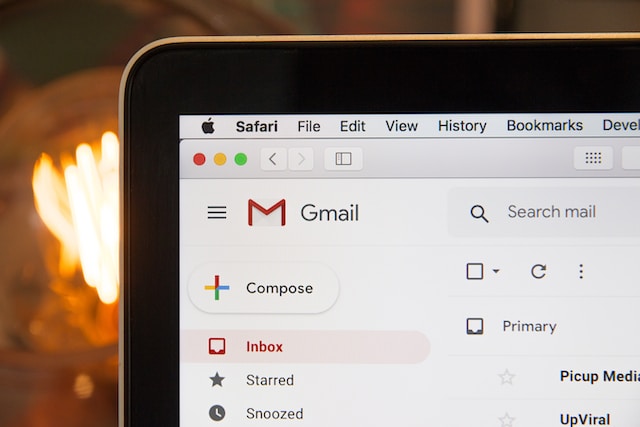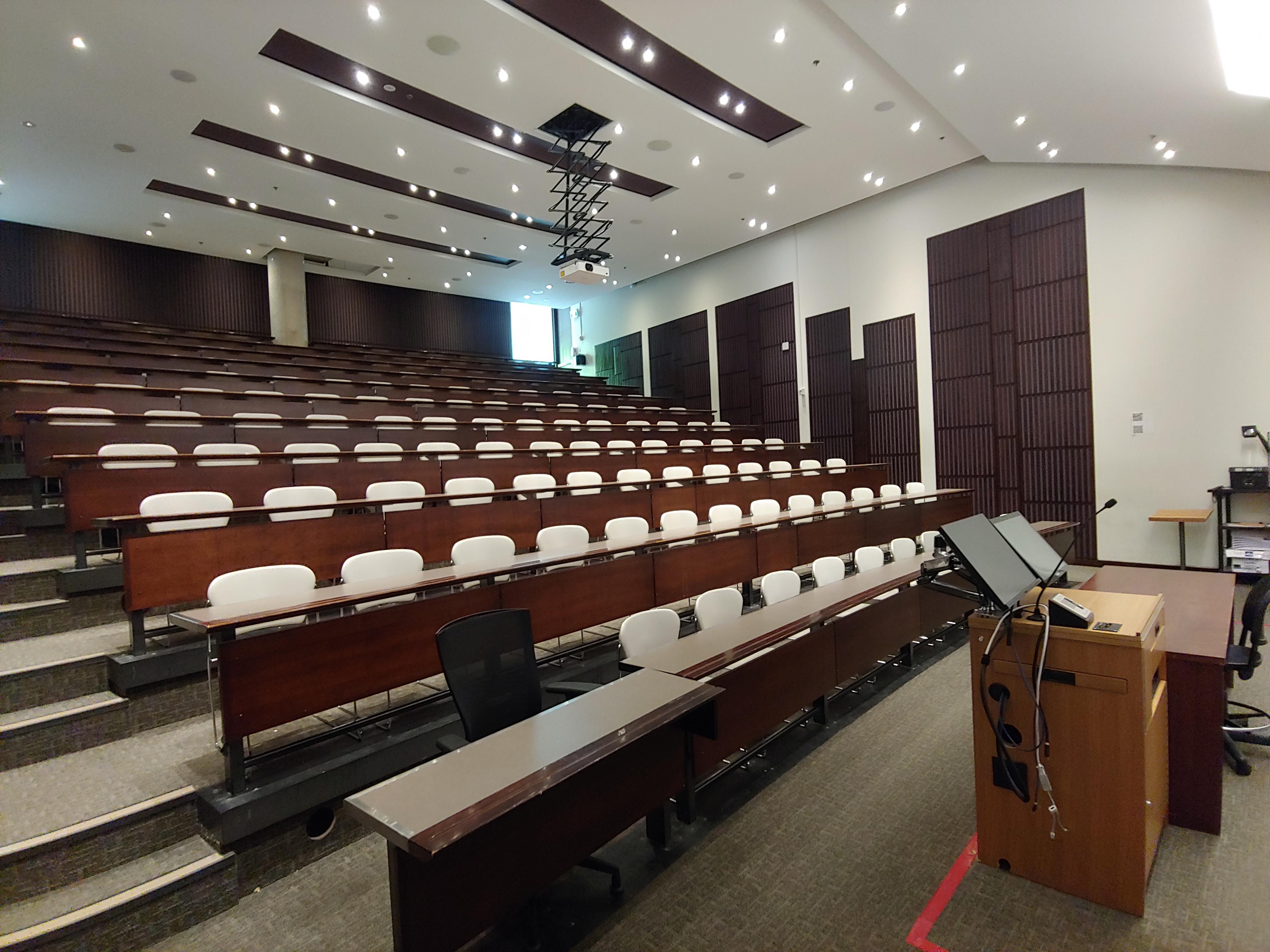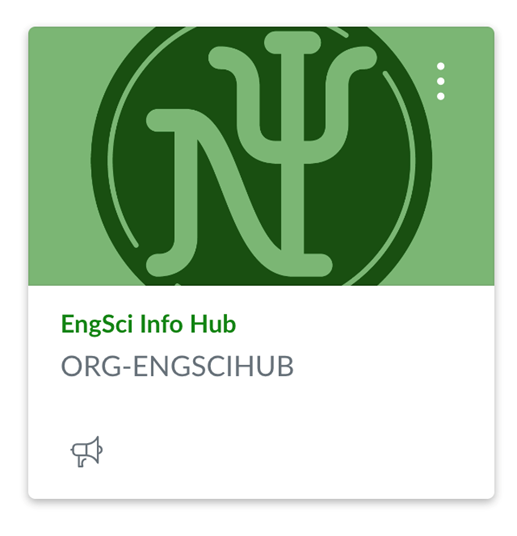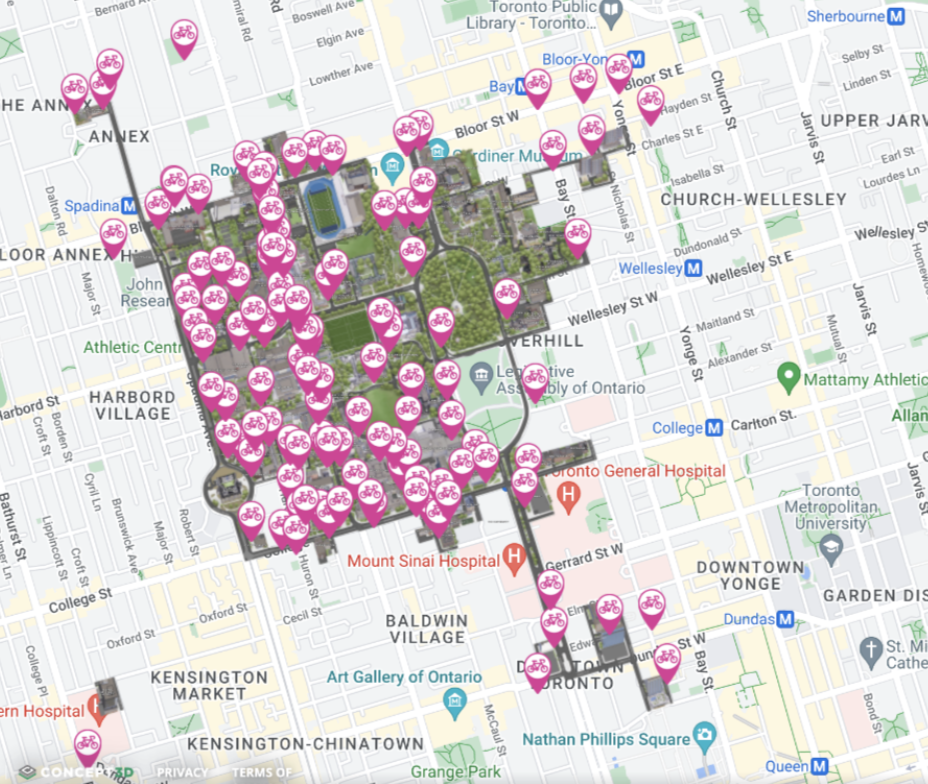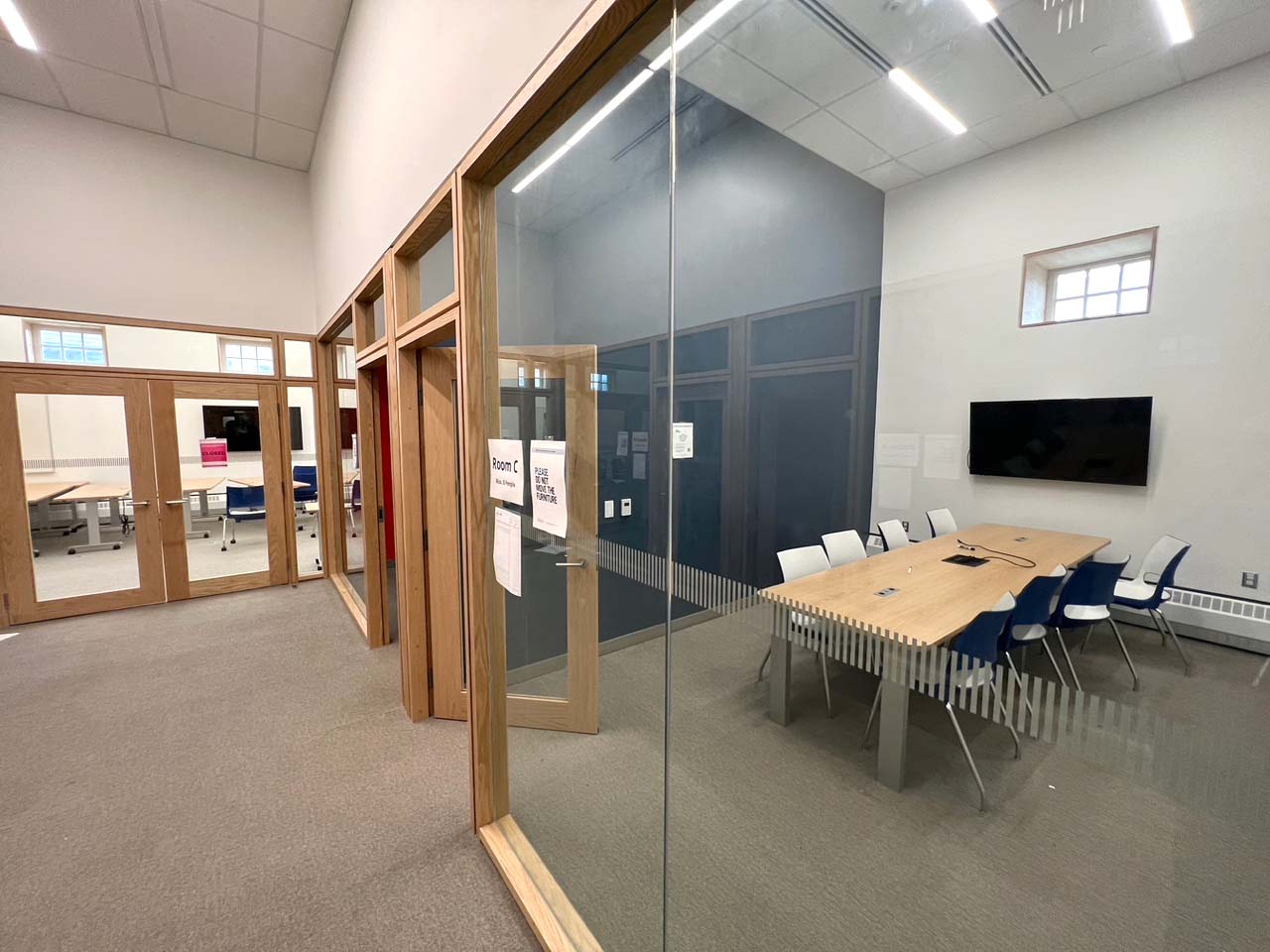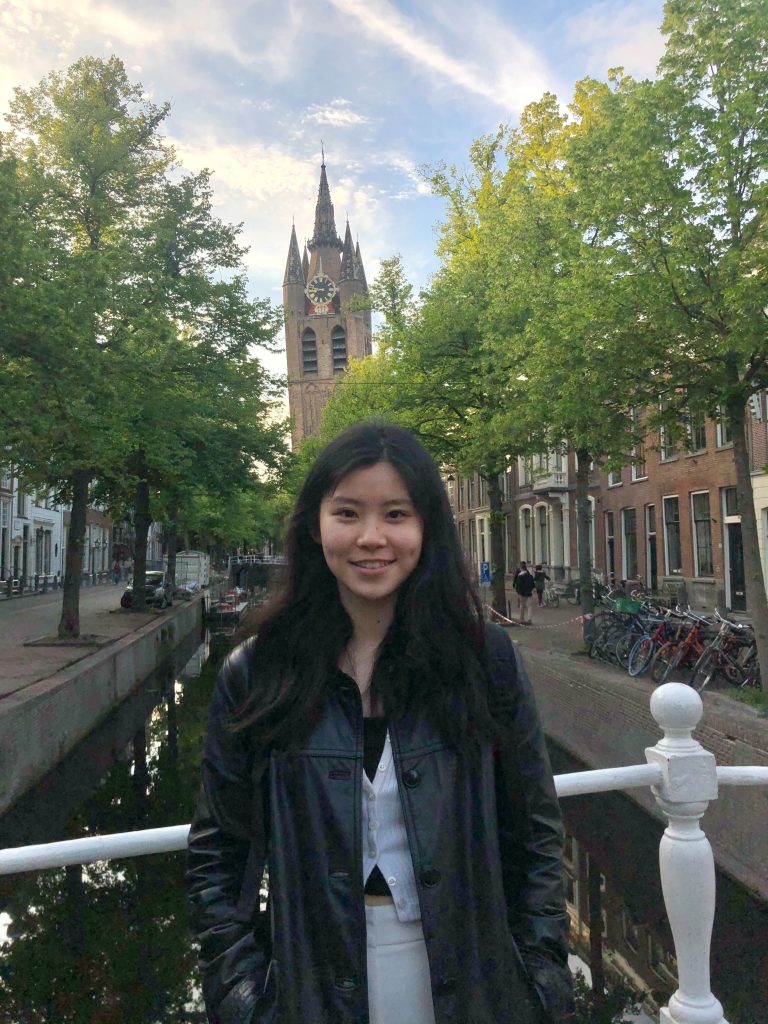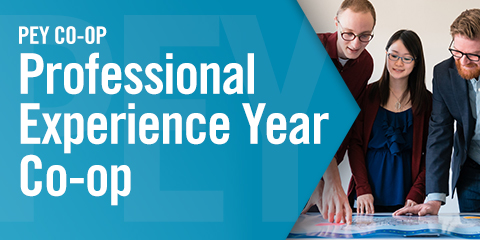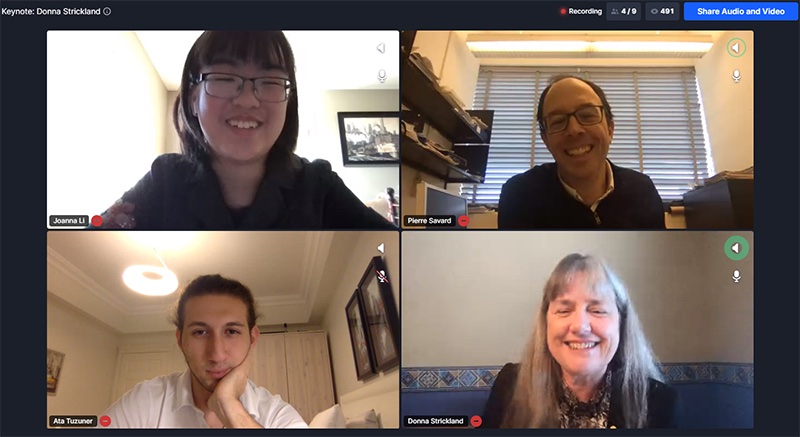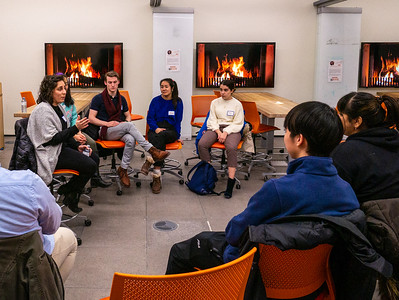
Photo by Kelly Sikkema on Unsplash
As you transition to university, you may have to start managing your finances for the first time. This can appear daunting, but luckily, you have access to many resources. Check out the guide below or ask upper years for advice. Happy budgeting!
Meals
Meals can add up. Food prices are predicted to rise by 5-7% in 2023, and eating out has become more costly. We suggest you plan how many times you eat out each week and set a limit to how much you spend every time. Whenever possible, cook instead of eating out. Cooking is even cheaper if you do meal prep, and you can microwave your food on campus at the Pit (basement of Sandford Fleming) or in the common room. For those of you downtown, below are some budget grocery stores and restaurants.
If all you want is a quick meal, fast food right across College Street is your best bet. Try not to make that a habit though, because you shouldn’t compromise your health just for cheap food. If you live near one, Korean convenience stores usually have meal boxes to go. If you want to stay on campus, you can get curry rice, burgers, and more at the Pit.
If you want to have an authentic restaurant experience, look no further than Spadina Ave. Here you can get rice, noodles, hotpot, etc. for a budget price, and there are sometimes cash discounts! There are also lots of places to eat on Baldwin Street near the Exam Centre, some of which have weekly or daily specials for their dishes. Here you can find local cafés that serve drinks and sandwiches, and a variety of cuisines (I.e., Italian, Thai, Japanese).
As for grocery stores, the closest ones to campus include T&T, Lucky Moose, and Hua Sheng Supermarket. Kensington Market also has a wide variety of specialty grocery stores, bakeries, and restaurants. If you live in Chestnut Residence (one of the most popular residences for first-year engineering students), The Market by Longo’s is nearby, if you need to pick up some fresh produce or pre-made meals. However, a mandatory meal plan is required for those staying at Chestnut – information about their fees can be found on the Chestnut website.
Sports and Entertainment
Your budget should never come at the cost of your health. As a student, you have access to U of T sports and recreational facilities. This is part of your tuition, so feel free to make good use of it. You can also watch movies for free through the library or get student discounts for many streaming services, such as music, TV, and movies.
School Supplies
We do not recommend buying textbooks until school starts! Not all professors use the listed textbooks. Check to see if there is a soft copy of the textbook instead.
Don’t be too eager to get a new laptop too. Note that there are computer labs at U of T and there are always desktops available. You can run programs such as C, Python, and MATLAB (which are all the programs you’ll use in first year) using a ssh connection, so you don’t have to worry about the computing power of your device.
Finances and Budgeting
If you want to learn more about finances and budgeting, you should check out the Skule Financial Literacy Club. Here you can learn about taxes, investments, budgeting, etc. There are also online resources for students, such as www.savethestudent.org (based in the UK).
If you have any questions about financial aid programs, scholarships, grants, and/or bursary programs, you can contact Pierina Filippone, who is the Assistant Registrar for Scholarships & Financial Aid. Pierina’s contact information can be found on the website here.
Working
U of T Work-Study Program
Did you know that U of T offers a Work-Study program for students? This program offers paid, on-campus positions where you can strengthen and develop skills that are meaningful to your future career. Students typically work 10 hours a week, which is less than what may be expected in a part-time job outside of campus. This being said, the academic workload for engineering classes is heavier than most programs. You can expect 30-35 hours of classes each week. Keeping this in mind, you should figure out if the work study program is best for you. To learn more about the Work Study program, check the CLNX website. (UTORid login required)
Part-Time Jobs
Work study experiences in EngSci vary a lot based on your academic abilities, transition to university, and the nature of the job. We have seen both extremes where students either really enjoyed their part-time job, or found it difficult to juggle the two things.
Financial Assistance and Exemptions
UTAPS
The U of T Advanced Planning for Students (UTAPS) is a funding program that aims to fill the financial gap for eligible U of T students. For more information and eligibility information, check out the UTAPS website.
OSAP
The Ontario Student Assistance Program (OSAP) is a financial aid program for college/university students offered by the Government of Ontario. This program is only available for Canadian citizens, permanent residents, or protected persons who are Ontario residents.
There are 2 types of OSAP funding, grants and student loans. A grant is money that you don’t have to pay back, whereas a loan is money you have to pay back after you finish school. One benefit of OSAP loans is that it is interest free until after you graduate. After graduation, you can start to pay back your loan and interest rates will apply.
To learn more about the OSAP program and how to apply, check out the OSAP website and U of T’s Finances page.
Scholarships
Check out Award Explorer to find scholarships. You can filter awards based on faculty, award type, citizenship, nature of award, etc. Note that you may have to apply for some scholarships, while others automatically consider all eligible students. Be sure to check this page often for new scholarships. Some of these will also be featured in the weekly EngSci Newsletter you will receive starting in September.
Other Financial Aid Resources
The U of T Finances page has numerous financial aid resources. To learn more about financial aids for out-of-province students, U.S. students, international students, and more.


